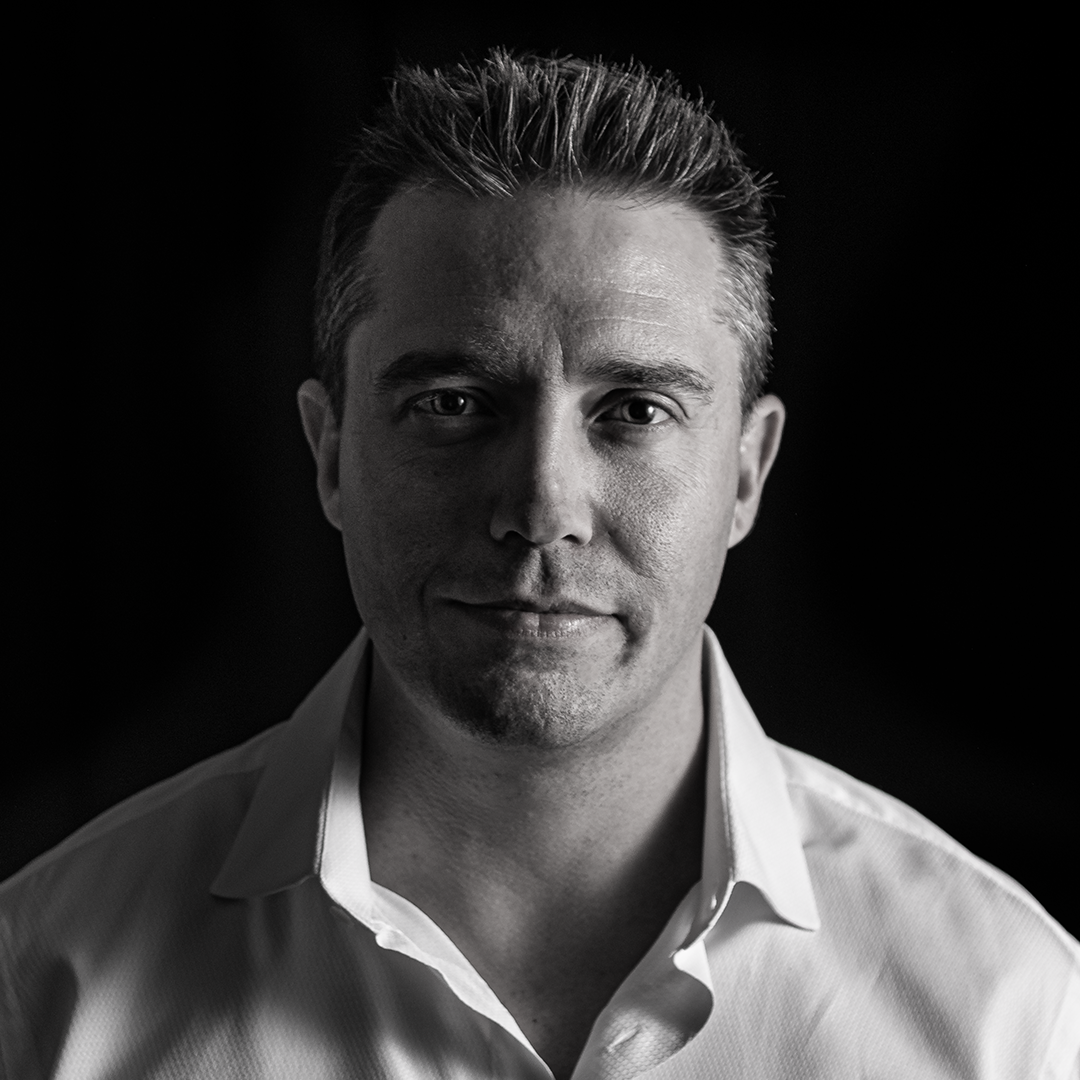SUMMARY
- “Whether you realize it or not, the emotions you're currently feeling were trained and conditioned by way of the past and by way of environments that you've been in.”
- When we take ownership, we are no longer placing the blame on something outside of ourselves for how we feel.
- “Even in the cases when someone did something and it is totally justified for you to feel bad about it, at the end of the day, is it worth feeling bad about it?”
- If you’re looking for tips on how to understand ownership and create greater freedom, this episode is for you.
- Watch the video to get the full training.
GET DAILY INSPIRATIONAL QUOTES ON FACEBOOK OR INSTAGRAM
Full Transcript:
[The following is the full transcript of this episode of Joey’s Performance Tune Up With Joey Klein. Please note that this episode, like all episodes, features Joey speaking unscripted and unedited. This video is captured in one take.]
One of the first but critical steps to essentially mastering your emotions is ownership. And ownership is often misunderstood. And it's not easy in the beginning, but it'll later become your best friend. And if you look at most painful emotions, whether it's anger or fear or resentment or jealousy or shame or guilt or despair, we could go on and on. Grief or sadness, like, whatever the emotion is, it's often in response to placing the responsibility for that emotion, that feeling, on something outside of oneself. We're blaming something someone did for how we're feeling. Like, we feel this way because so and so did x, y, z, or we are looking at the state of the world and it's like, oh, my gosh, this is happening in the world, therefore I have to feel this way. Or sometimes it's just the weather. It's like, man, it's supposed to be sunny today and it's raining, and therefore I feel this way.
And so we are placing the blame or the reason for how we're feeling a certain way outside of oneself. And so an adjustment that you can make around ownership of emotion is by simply starting to acknowledge to oneself, hey, in this moment, I'm feeling whatever it is that one's feeling, and it's totally okay that I feel this way. It's not because of anything that's happening outside of me. In this moment, I'm feeling sad. And that's okay. It's not because of anything that's happening. Hey, in this moment, I feel anxious. It's not because of anything that's happening. And why oftentimes people mistake the way in which they're feeling and they place the responsibility outside themselves is because things are happening outside oneself. People are doing stuff, and then while those things are occurring, we feel strong emotions, and so we put those together from a mental perspective.
The way we start disconnecting those associations that we make is by simply starting to acknowledge, hey, in this moment, I'm feeling what I'm feeling, which is okay that I feel that way. It's not because of anything that's happening. It's not because of anything in my world. It's not because somebody did something to me. Even in the cases when somebody did something that is totally justified for you to feel bad about, like, at the end of the day, is it worth feeling bad about it? Right? And so if we understand, it's like, wait a minute, I'm by myself. A lot of times I take my clients through an exercise and I go, hey, where are you at right now? They're like, hey, I'm sitting on my couch, I'm sitting in my living room. I'm just by myself with myself. My kids are at school and nobody's around right now. I say, okay, close your eyes and tell me how you're feeling. It's like, well, I feel anxious, I feel overwhelmed, and I feel angry, and I feel resentment. And all the emotions come out.
And I say, okay, where are those emotions happening? They're not happening with those other people because they're not even here right now. All of those emotions are happening in your own nervous system, within your own self. And the stories in which you're being told by your mind, the mind's extrapolations of reality are propagating those emotions. They're inner reflexes that are going on, that are having those emotions stay in place, but also get stronger over time. And so if we want to access the highest of emotions for oneself, if you're ready to truly live inside of joy and fulfillment and inspiration and all of the higher states that you deserve to know and have, it's about being willing to start playing a different game and training a new skill set.
Because whether you realize it or not, the emotions you're currently feeling and the inner reflexes of the mindset and the way we are perceiving reality and how that's interacting with your nervous system, all of that was trained and conditioned by way of the past and by way of environments that you've been in. We just didn't realize that the training and conditioning was going on. But once we understand that almost every emotion we feel is a byproduct of training and conditioning, we can train and condition ourself out of emotions that we are feeling, that we don't wanna feel. And we can train and condition ourselves into emotions that we do want to experience, and that's going to cultivate a much higher quality of life.


